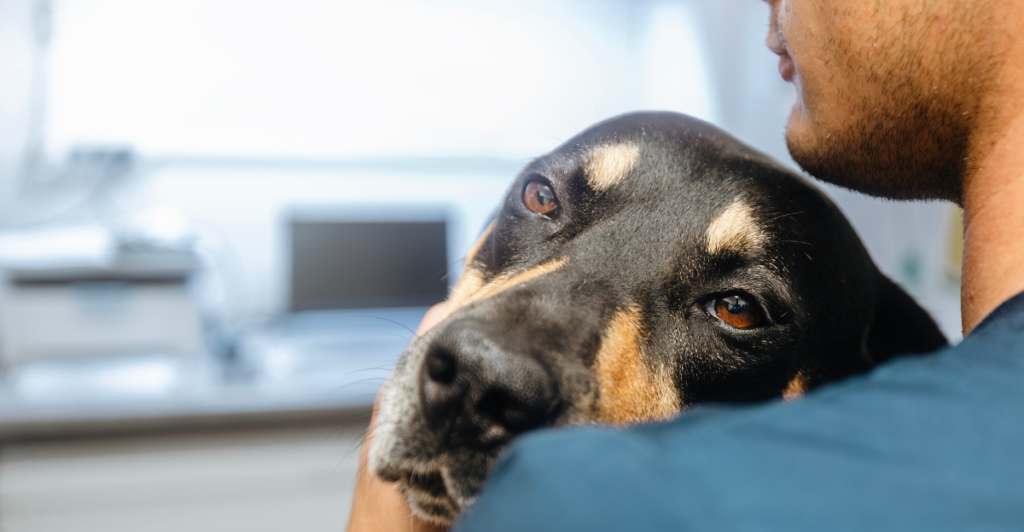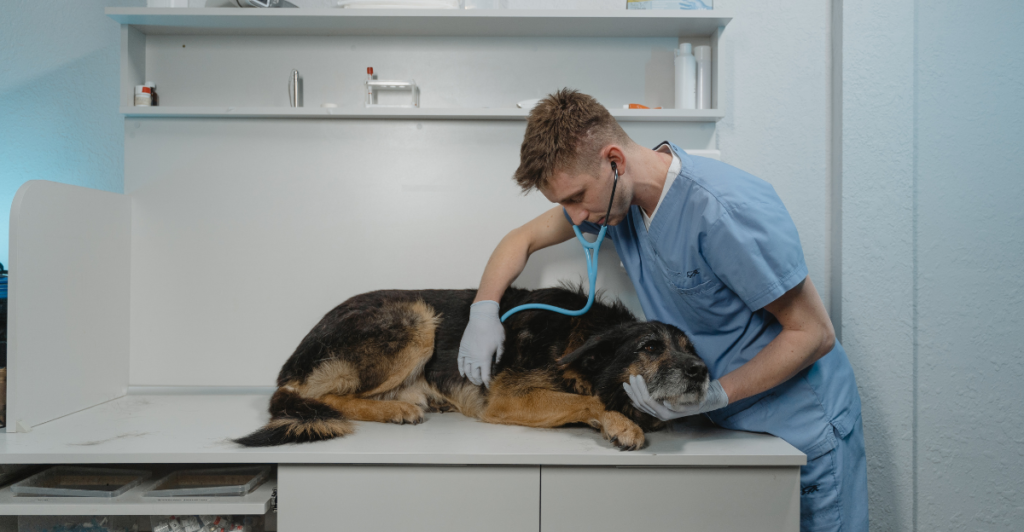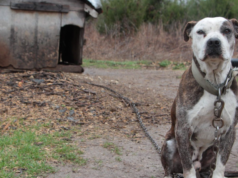
Dogs bring love, loyalty, and companionship—but did you know they can also carry diseases that spread to humans? Some dog-borne diseases can leave you feeling unwell, from common infections to rare but serious illnesses. Let’s look at 10 illnesses your furry friend might pass to you—and how to keep both of you safe!
1. Brucellosis

Brucellosis might seem like the flu, but it comes from dogs carrying Brucella bacteria. Fever, fatigue, and muscle aches are common symptoms. Humans can catch it through contact with infected fluids, especially from breeding dogs. While rare, it can lead to long-term complications. Good hygiene and keeping dogs healthy are key to preventing this tricky infection.
2. Salmonellosis

Most people associate Salmonella with raw chicken, but infected dogs can also carry it. Handling contaminated feces or saliva can lead to fever, diarrhea, and vomiting in humans. Puppies and sick dogs are more likely to spread it. Wash your hands after playing with dogs, and avoid letting them lick your face to stay safe!
3. Campylobacteriosis

Ever had severe stomach cramps, fever, and diarrhea? Campylobacter bacteria could be the culprit. Found in infected dog feces, this bug spreads through poor hygiene or contaminated food. Infected humans can suffer for a week or longer! Always wash your hands after handling your dog, especially before eating, to keep this stomach-wrecking bacteria at bay.
4. Capnocytophaga

A simple lick, bite, or scratch from your dog can introduce Capnocytophaga bacteria into your system. Though rare, infections can cause painful blisters, swelling, and even serious complications like sepsis. Those with weakened immune systems are at higher risk. If bitten or scratched, clean the wound immediately and watch for unusual symptoms.
5. Cryptosporidiosis

This microscopic parasite hides in dog feces and spreads through contaminated hands, surfaces, or water. Ingesting it leads to watery diarrhea, stomach cramps, nausea, and vomiting. The worst part? Symptoms can last for weeks! Prevent infection by keeping your dog’s living space clean and constantly washing your hands thoroughly after handling waste.
6. Echinococcosis

Echinococcus tapeworm eggs are a rare but serious infection that can spread through contaminated dog feces. Once inside the body, they can form cysts in vital organs like the liver and lungs—sometimes taking years to show symptoms! Regular deworming for your dog and good hygiene practices are crucial to avoiding this hidden health hazard.
7. Giardiasis

Feeling bloated with cramps and nasty-smelling diarrhea? Giardia parasites could be to blame. Dogs carrying this parasite spread it through contaminated feces, infecting humans when hygiene slips. The parasite thrives in water, meaning even a backyard puddle can be risky. Keep your dog’s water bowl clean, and wash your hands often to prevent this unpleasant infection.
8. Hookworm

Walking barefoot in areas contaminated with infected dog feces can lead to hookworm larvae burrowing into your skin. The result? An itchy, red, worm-like rash known as cutaneous larva migrans. While dog hookworms don’t fully develop in humans, they cause discomfort and irritation. Picking up after your dog is the best prevention!
9. Leptospirosis

Dogs can carry Leptospira bacteria in their urine, contaminating soil and water. In humans, infection can cause fever, muscle aches, vomiting, and even liver or kidney damage. Severe cases may lead to meningitis. Avoid contact with dog urine, keep vaccinations up to date, and protect yourself during floods or wet conditions.
10. MRSA

Methicillin-resistant Staphylococcus aureus (MRSA) isn’t just a hospital problem—it can spread through direct contact with infected dogs. If it enters the body through cuts or wounds, it can cause painful skin infections, pneumonia, or worse. Regular vet checkups, proper wound care, and good hygiene help prevent this antibiotic-resistant bacteria from spreading.
Discover more of our trending stories and follow us to keep them appearing in your feed

12 Common Kitchen Staples That Are Toxic to Dogs
Dos and Don’ts for Caring for a Sick Dog
The War on Cows Is Over—And Green Extremists Have Lost
Largest U.S. Dam Removal Sparks Giant Salmon Revival
References:
Reference 1
Reference 2
This article first appeared here
Stay connected with us for more stories like this! Follow us to get the latest updates or hit the Follow button at the top of this article, and let us know what you think by leaving your feedback below. We’d love to hear from you!







